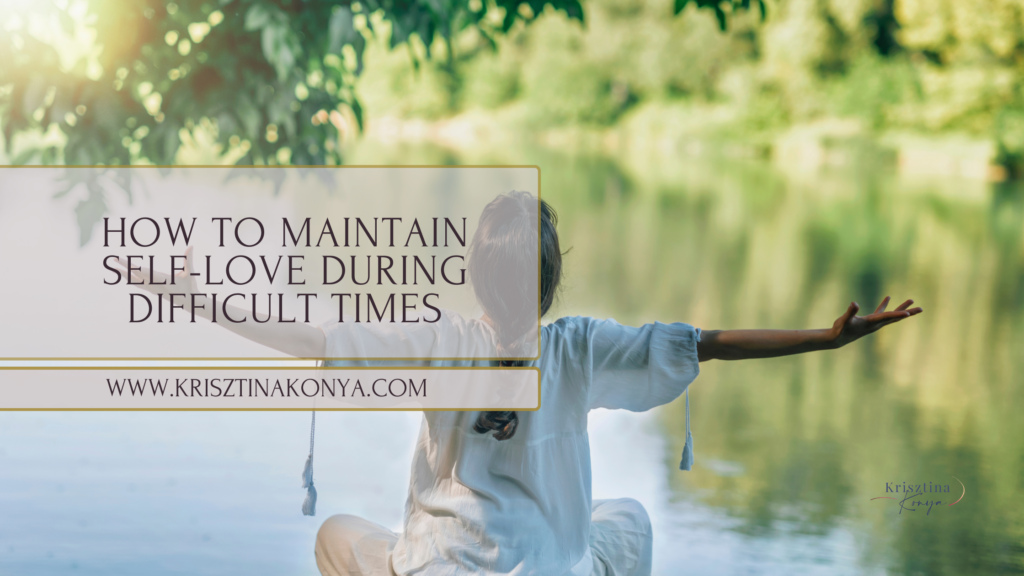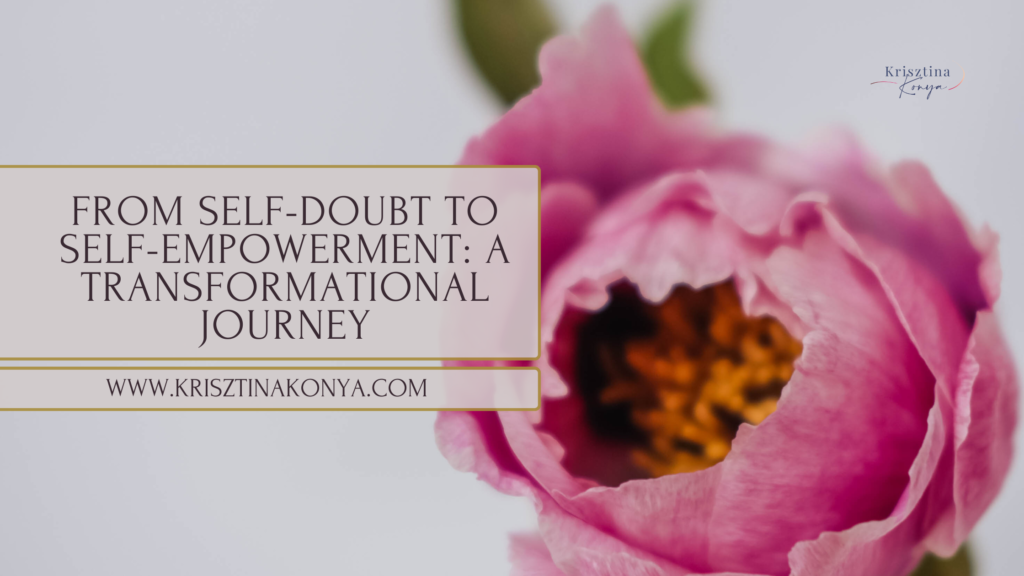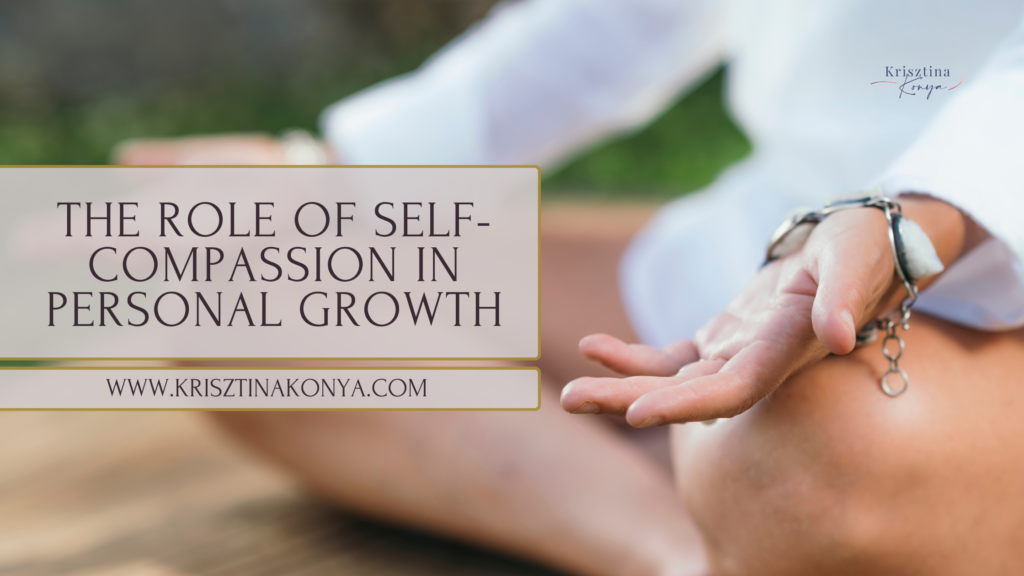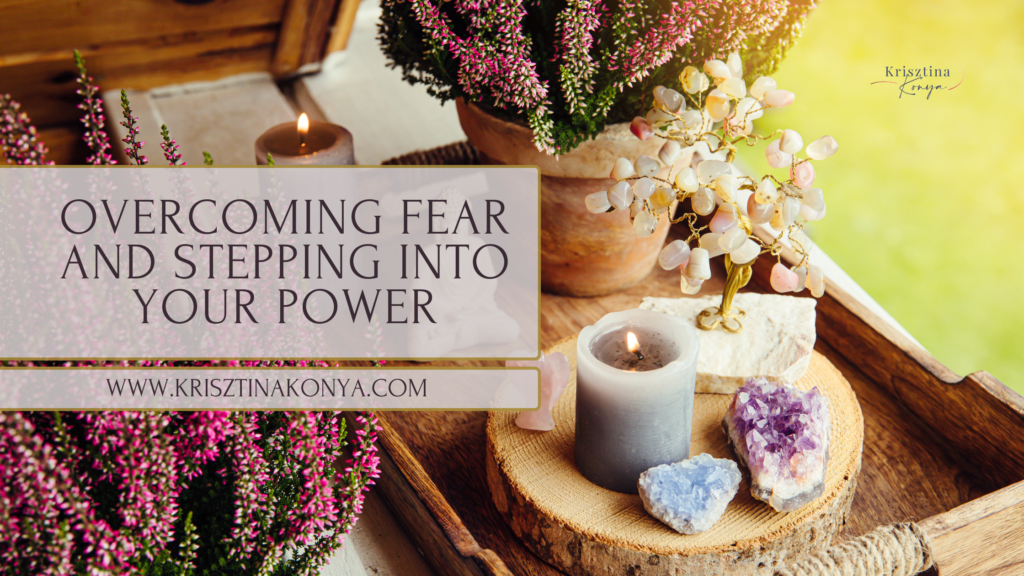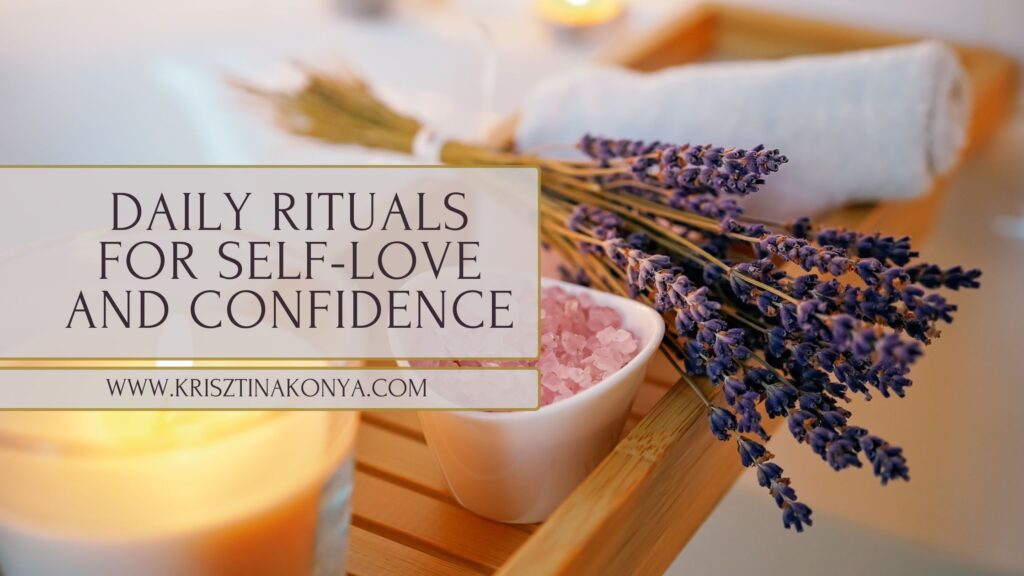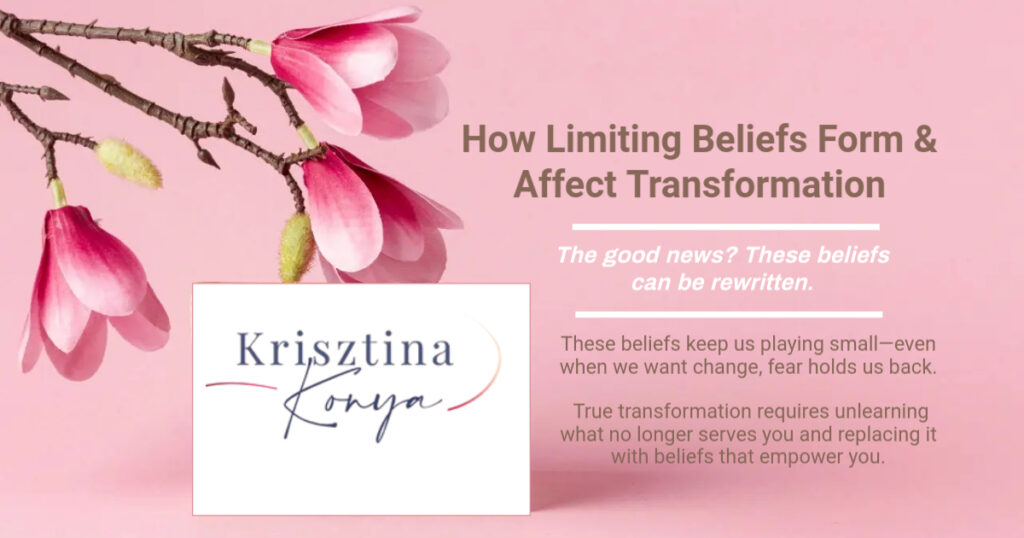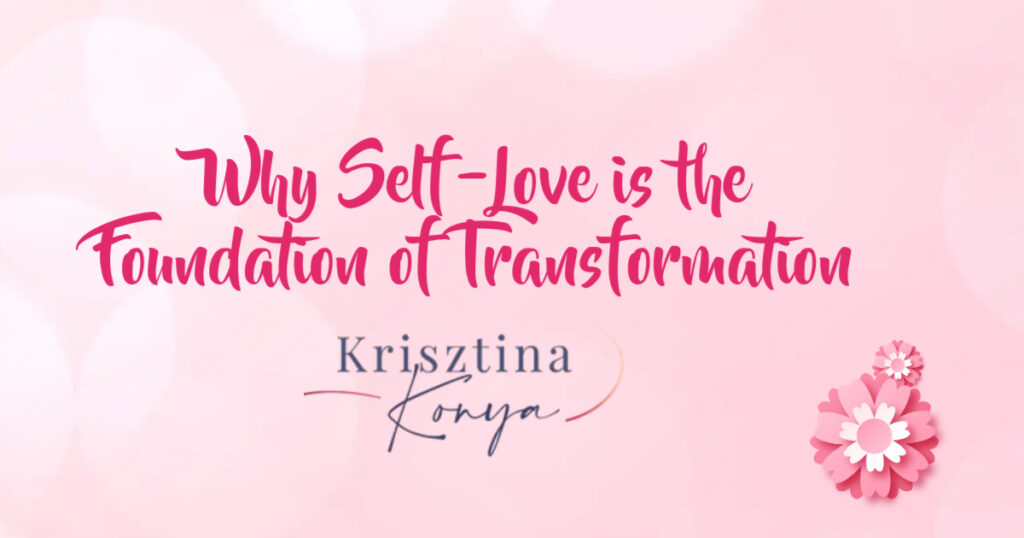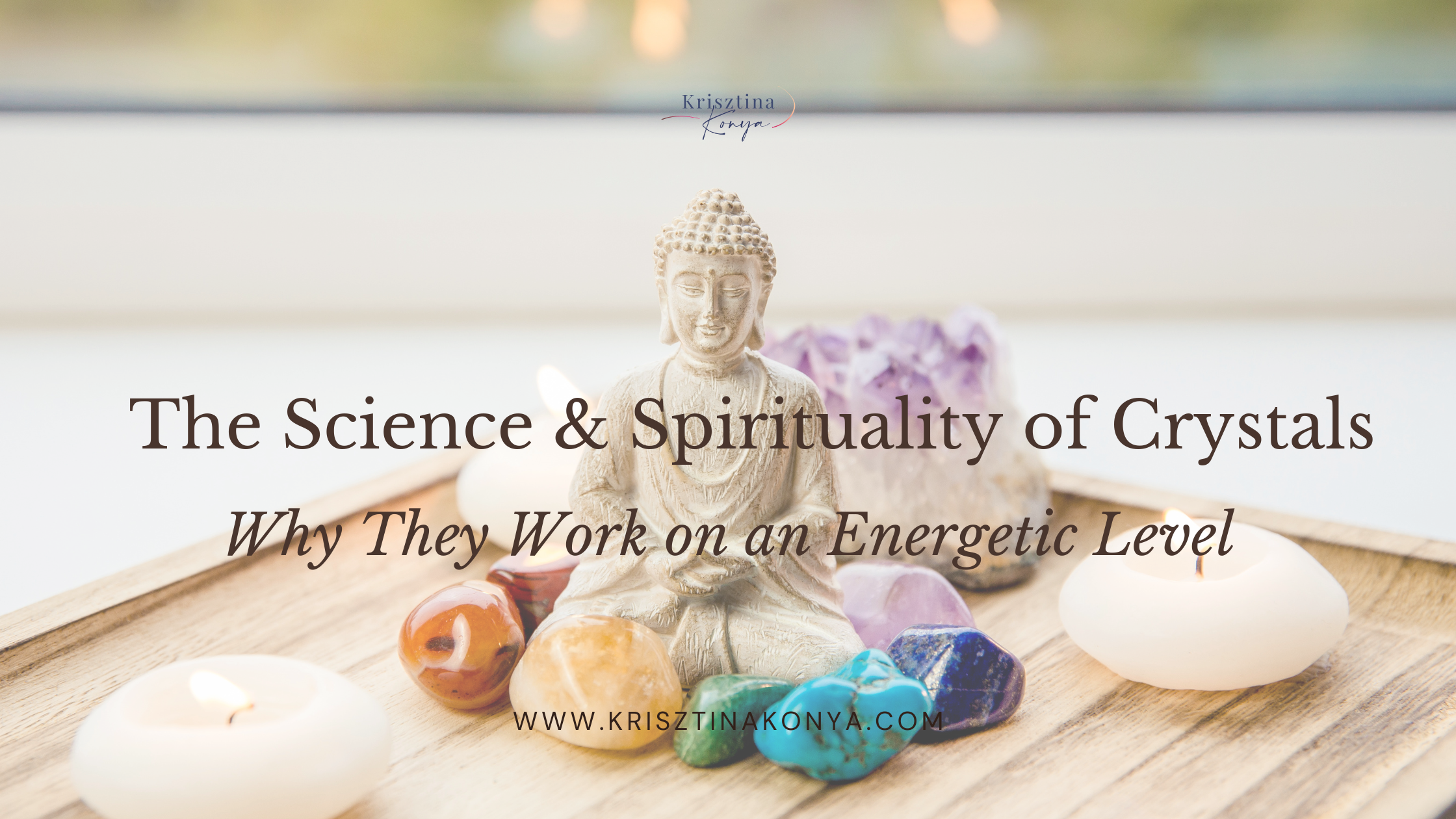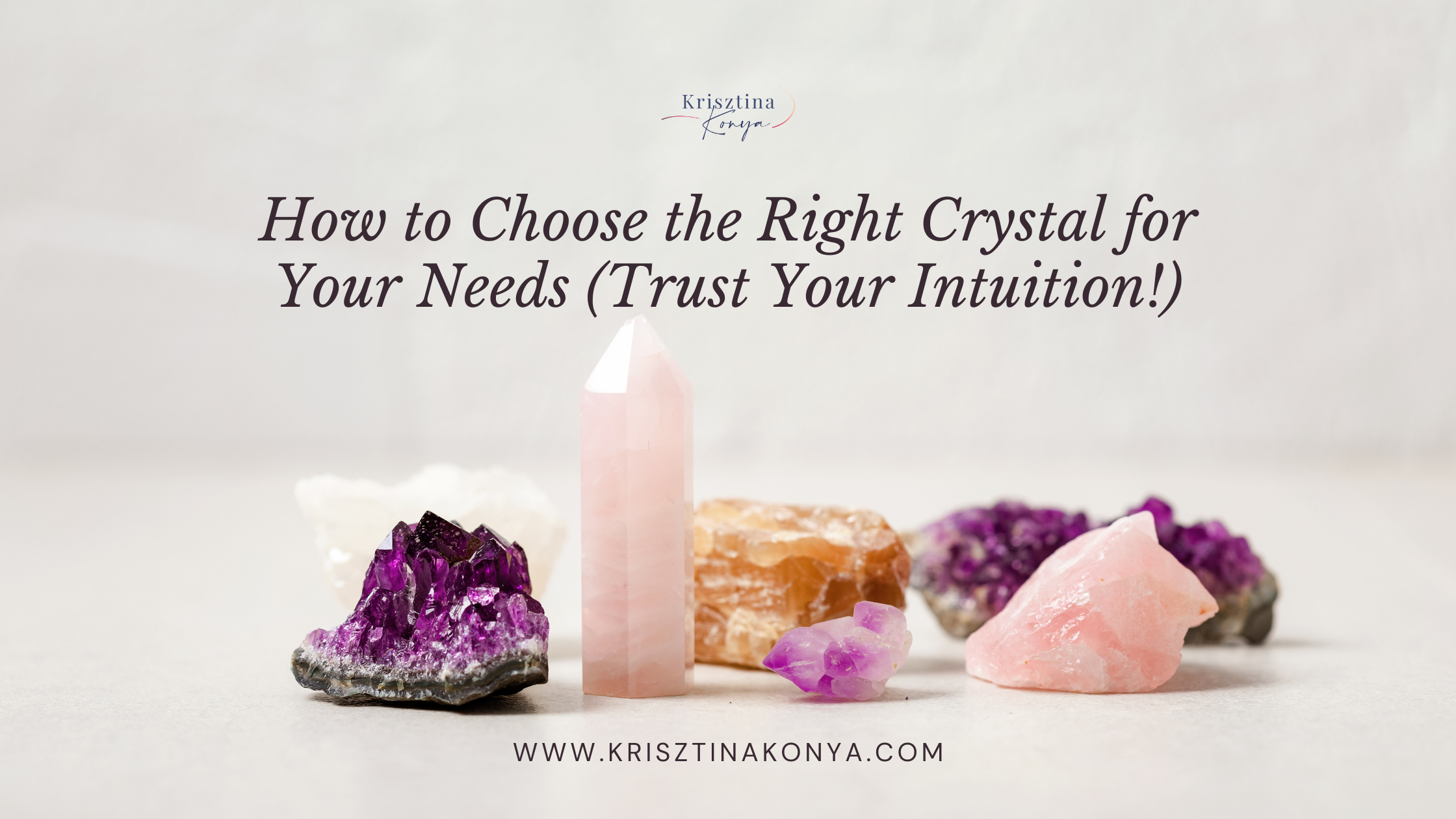How to Maintain Self-Love During Difficult Times
Self-love is easy when life feels good. But what about when things fall apart? When nothing goes as planned? When doubt, fear, or heartbreak settle in? The truth is transformation is not always linear. Healing and growth come with ups and downs, and it’s during the hardest moments that self-love matters most. If you only love yourself when things are going well, it’s not truly self-love—it’s self-approval. Real self-love means showing up for yourself even when you feel broken, lost, or unsure. Why Transformation is Not Always Linear Many people believe that personal growth is a straight path—once you start healing, everything should improve. But true transformation is a spiral. Some days, you feel unstoppable. Other days, you feel like you’ve taken 10 steps backward. And that’s okay. Growth is messy, emotional, and sometimes painful. But every setback, every challenge, every moment of struggle is an invitation to love yourself deeper. How to Practice Self-Love When Feeling Low When you’re struggling, your instinct might be to shut down, criticize yourself, or numb your emotions. Instead, try leaning into self-love. Speak to Yourself with Kindness Would you shame a friend for struggling? No. So why do it to yourself? Replace judgment with gentle, encouraging words. 💛 “I am doing my best.” 💛 “It’s okay to feel this way.” 💛 “I am worthy of love, even in my hardest moments.” Allow Yourself to Feel Without Guilt You don’t need to be positive all the time. Give yourself permission to sit with your emotions, process them, and let them move through you. Do One Small Act of Self-Care On hard days, don’t pressure yourself to “fix everything.” Just take one small action: Drink a cup of tea. Go for a short walk. Listen to calming music. Write down three things you’re grateful for. Tiny acts of love add up over time. Connect With Your Inner Strength Remind yourself: You’ve been through hard times before, and you made it. Every challenge has made you wiser, stronger, and more resilient. You are more powerful than you think. The Power of Resilience and Inner Strength Resilience isn’t about never falling—it’s about getting back up with more wisdom and self-love. You are allowed to have bad days. You are allowed to struggle. You are allowed to take a break. But never forget: You are capable of rising again. A Comforting Message for You If no one has told you today: 💛 You are loved, just as you are. 💛 You don’t need to be perfect to be worthy. 💛 You are doing better than you think. 💛 This moment will pass, and you will come out even stronger. A Guided Meditation for Difficult Moments Step 1: Close Your Eyes & Breathe Deeply: Inhale for 4 seconds, hold for 4 seconds, exhale for 6 seconds. Repeat until you feel calm. Step 2: Place a Hand on Your Heart: Silently say: “I am safe. I am loved. I am enough.” Step 3: Visualize Light Surrounding You: Imagine a warm golden light wrapping around you, filling you with love and peace. Step 4: Express Gratitude: End by thanking yourself for showing up today. Even in your hardest moments, you are worthy of love. Self-love is not just for the good days—it’s for all days. Be gentle with yourself, honour your emotions, and remember: You are stronger than your struggles. How can you show yourself love today no matter how you feel? Much love, Krisztina
How to Maintain Self-Love During Difficult Times Read More »

